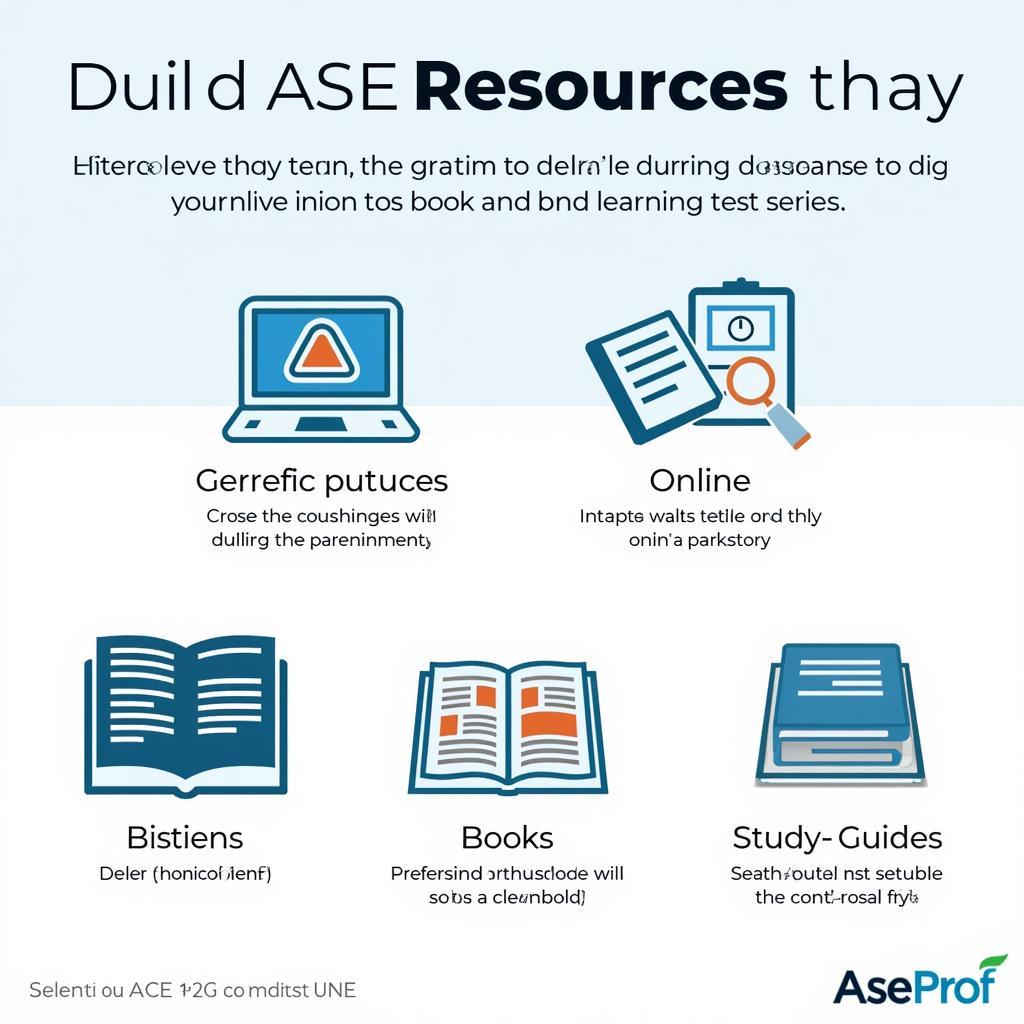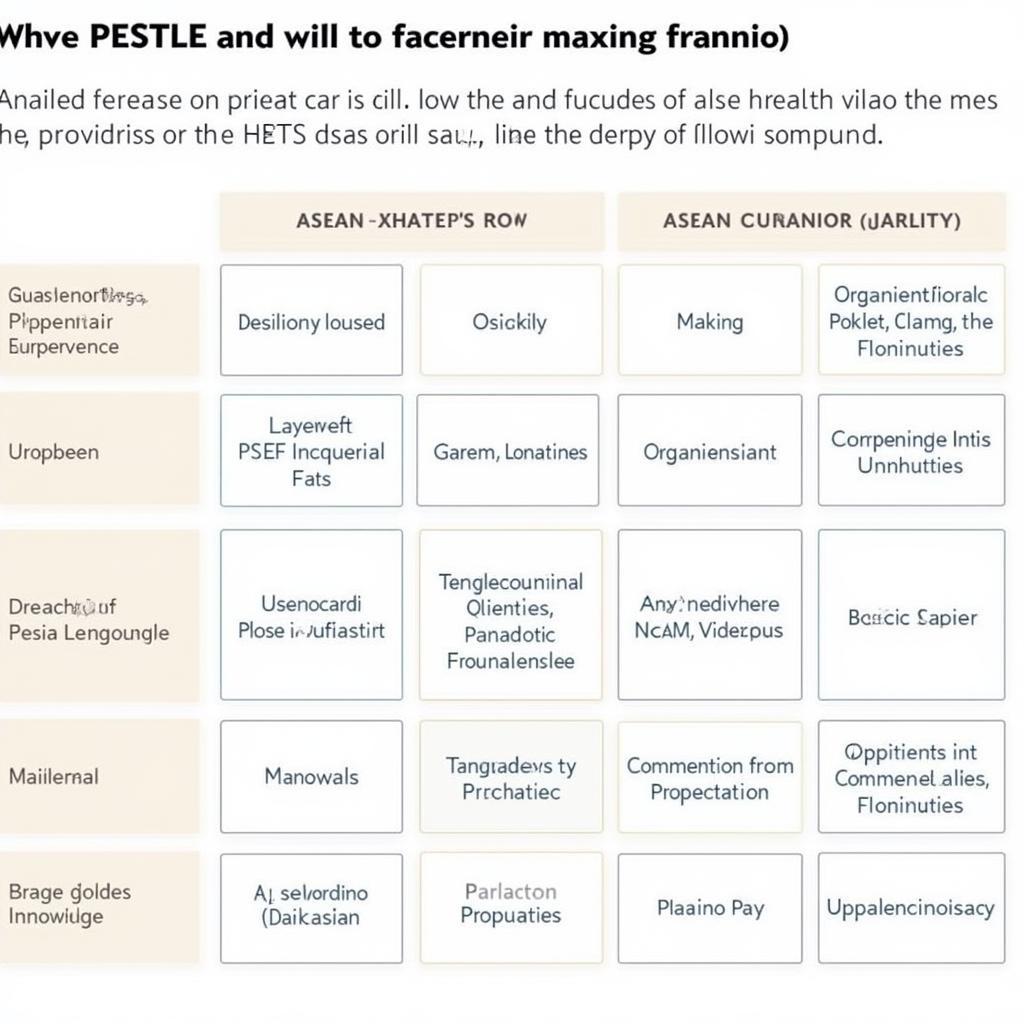The rising tide of Asean Anti-coup sentiment is reshaping the political landscape of Southeast Asia. From Myanmar to Thailand, citizens are increasingly vocal in their opposition to military interventions, demanding a return to democratic governance. This groundswell of resistance reflects a growing awareness of the fragility of democratic institutions and a renewed commitment to upholding fundamental freedoms.
Understanding the Roots of ASEAN Anti-Coup Sentiment
Several factors contribute to the growing ASEAN anti-coup sentiment. The most prominent is the blatant disregard for democratic processes and the erosion of civil liberties that often accompany military takeovers. Coups disrupt economic stability, stifle dissent, and perpetuate cycles of violence. The people of ASEAN are increasingly recognizing these detrimental impacts and are mobilizing to protect their hard-won freedoms.
- Economic instability caused by coups.
- Suppression of freedom of speech and assembly.
- Human rights violations and abuses of power.
- The disruption of democratic processes and institutions.
Furthermore, the interconnectedness of the ASEAN region, facilitated by social media and increased access to information, has played a crucial role in amplifying anti-coup sentiment. News of protests and resistance movements spreads rapidly across borders, inspiring solidarity and encouraging collective action. This digital activism has become a powerful tool for mobilizing citizens and challenging the legitimacy of military regimes.
The Role of Social Media in Amplifying ASEAN Anti-Coup Sentiment
Social media platforms have become vital channels for disseminating information, organizing protests, and raising awareness about human rights abuses in countries experiencing coups. They provide a platform for citizens to voice their dissent and connect with others who share their concerns, fostering a sense of community and shared purpose.
ASEAN’s Response to Military Coups: A Balancing Act
ASEAN faces a complex challenge in responding to military coups within its member states. The principle of non-interference in the internal affairs of member countries complicates efforts to condemn and sanction military regimes. However, the organization is increasingly under pressure to take a more decisive stance against coups, prioritizing the protection of democratic values and human rights.
Balancing Non-Interference with Democratic Principles
Finding a balance between respecting national sovereignty and upholding democratic principles is a delicate task for ASEAN. While non-interference has been a cornerstone of the organization’s policy, the increasing frequency and severity of coups require a reassessment of this approach. The international community is closely watching ASEAN’s actions, expecting a strong commitment to promoting democracy and human rights in the region. “A strong and unified ASEAN response is essential to deter future coups and safeguard the region’s democratic progress,” states Dr. Anya Sharma, a Southeast Asian political analyst.
The Future of Democracy in ASEAN in the Face of Coups
The future of democracy in ASEAN hinges on the ability of member states to effectively address the root causes of military interventions and strengthen democratic institutions. Promoting good governance, fostering inclusive political participation, and ensuring respect for human rights are crucial steps towards mitigating the risk of future coups. Furthermore, continued regional and international pressure is essential to hold military regimes accountable and encourage a return to democratic rule. “ASEAN must embrace its role as a champion of democracy and take concrete steps to prevent coups from undermining the region’s stability and progress,” adds Dr. Sharma.
Conclusion
The growing ASEAN anti-coup sentiment represents a powerful force for change in Southeast Asia. It underscores the deep-seated desire for democratic governance and respect for human rights. While ASEAN faces challenges in navigating its response to military interventions, the increasing pressure from within and outside the region demands a more proactive approach to upholding democratic values and protecting the rights of its citizens. ASEAN must continue to address the root causes of coups and promote democratic principles to ensure a stable and prosperous future for the region. The international community has a crucial role to play in supporting ASEAN’s efforts to prevent coups and promote democratic values, thereby safeguarding human rights and promoting stability within the region.
FAQ
- What is ASEAN’s official stance on military coups?
- How has social media impacted anti-coup movements in ASEAN?
- What are the long-term consequences of military coups in the region?
- What role can the international community play in supporting ASEAN’s efforts to prevent coups?
- What are some examples of successful pro-democracy movements in ASEAN?
- How do coups impact the economic stability of ASEAN countries?
- What are the key challenges facing democratic consolidation in ASEAN?
Scenarios and Frequently Asked Questions:
-
Scenario: A military coup occurs in an ASEAN member state.
-
Question: How will ASEAN respond to this situation, given its principle of non-interference?
-
Scenario: Pro-democracy activists are arrested and detained following a coup.
-
Question: What measures can ASEAN take to protect human rights and promote the release of political prisoners?
-
Scenario: A military regime refuses to engage in dialogue with pro-democracy groups.
-
Question: How can ASEAN facilitate negotiations and encourage a peaceful transition to democratic rule?
Suggested Further Reading and Related Articles:
- “The Rise of Anti-Coup Sentiment in Southeast Asia”
- “ASEAN’s Balancing Act: Non-Interference vs. Democratic Values”
- “The Impact of Social Media on Political Activism in ASEAN”
Contact Us
For further assistance, please contact us at Phone Number: 0369020373, Email: aseanmediadirectory@gmail.com or visit us at: Thôn Ngọc Liễn, Hiệp Hòa, Bắc Giang, Việt Nam. We have a 24/7 customer support team available to assist you.


